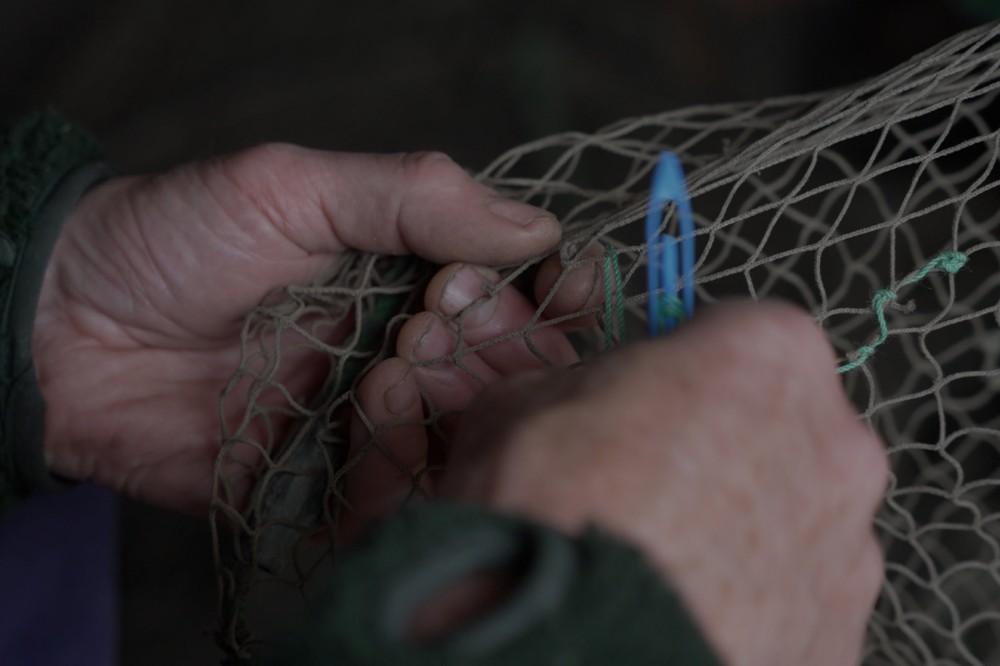In order to live, we must eat.
Food is the one thing we must consume every day; it is our most reliable source of pleasure and the cause of one of our greatest demands on the natural world. It embodies more directly than anything else the struggle between our internal and external needs. Through the simple act of eating, we metabolise the world around us. It becomes incorporated into our physical bodies, a daily reinforcement of our intimate bond with the non-human world.
Through time, human appetite has resulted in ecological changes, and ecological change, in turn, will result in humans changing their food habits. The awareness of the need to change is growing. However, it often seems easier to imagine apocalyptic scenarios than the radical systemic changes needed for a more liveable and just future for everyone.
We believe we ought to challenge our collective imaginations to explore urgent questions surrounding food such as: What forms of production and consumption, habits, ingredients, tools, and conviviality are needed to not only survive but to thrive? Could food become a transformative tool for imagining alternative futures and adapting to the present environmental crisis?
In this context, the table becomes a laboratory for understanding and shaping food futures. Eating becomes a method of inquiry, to unveil and explore the impact of planetary transformations within the local and present context. Gastronomy becomes a tool for speculation on desirable futures, and for reflection on the present crisis.
Within our work, we have been able to build a framework of 3 essential approaches;
1. Unveiling of metabolic subjects.
Speculative gastronomy can be used as a tool to address the existential challenges of climate change, pollution and toxicity, global warming, and of the mass extinction of non-human species, through the act of eating. While these phenomena are by-products of industrial modernity and human activity, their consequences unfold at scales so far beyond our individual comprehension that they remain eerily abstract. But even if we struggle to grasp their full intensity, we co-exist with their impact daily.
The sense of taste could be a catalyst for rethinking our presence with the world differently. Speculative gastronomy could help us bridge this gap in our awareness and create an embodied understanding of these phenomena. It could help to make these intangible problems feel visceral and immediate by translating their potential effects into our very own sensory and metabolic workings.
The rethinking of our relationship with food should be rooted in a greater awareness of the entanglements of the life systems it depends on.
2. Listening to More Than Human beings and their human communities.
Understanding the scale of ecological challenges poses another question: How can we shift from extractive food systems to practices of regeneration and healing? The rethinking of our relationship with food should be rooted in a greater awareness of the entanglements of the life systems it depends on. And on a curiosity for what we can learn from the sustainable cycles that survived and thrived long before human dominance. What are the teachings from the beings around us and how can we become better listeners?
Our task is to develop the ambition, skills, and tools to understand their teachings and open ourselves up to the different, unexplored shapes that intelligence and creativity can take, or to the human communities who could speak on behalf of these beings. Because perhaps the fish knows everything. And the fishermen could tell their stories. In the context of this project, these people and communities are understood as their custodians and interpreters, what I would call as ‘Speakers for the Living’.
3. Radical conviviality; cooking as an interspecies collaboration.
Here, speculative gastronomy could be used as an exercise in conviviality at the dinner table, an experiment of radical inclusivity. Because what does it mean for everyone, human and more than human, to “eat well”? Which leads us to wander into the kitchen, and wonder, who is cooking? And who is eating? Could cooking be perceived as a multi species collaboration? A clear example would be processes involved in fermentation.
Because what does it mean for everyone, human and more than human, to “eat well”?
Fermentation means to foster the conditions for flourishing or thriving of certain microbial or fungal communities. This is a collaborative project between multiple species, where humans actively ask for the help of microbial forms of life to preserve food and to create better or more accessible nutrients, while creating the conditions for them to thrive. Simultaneously, through fermentation we ask for help in protecting ourselves by following a process which harmful pathogenic microbes are excluded from. In lactic acid fermentations, the addition of salt creates favourable conditions for, in this case, non-pathogenic lactic acid microbes.
These processes serve as a reminder that one cannot create a future on their own, but solely collectively. In this sense, the practice of fermentation could be understood as an exploration of relations and entanglements with the more-than-human world, and as an expansion of the imagination of who is eating, starting from the water and the soil all the way to the dinner table. We aim to extent this understanding of cooking as a multispecies collaboration beyond the practice of fermentation into all cooking and food preparation methods.

